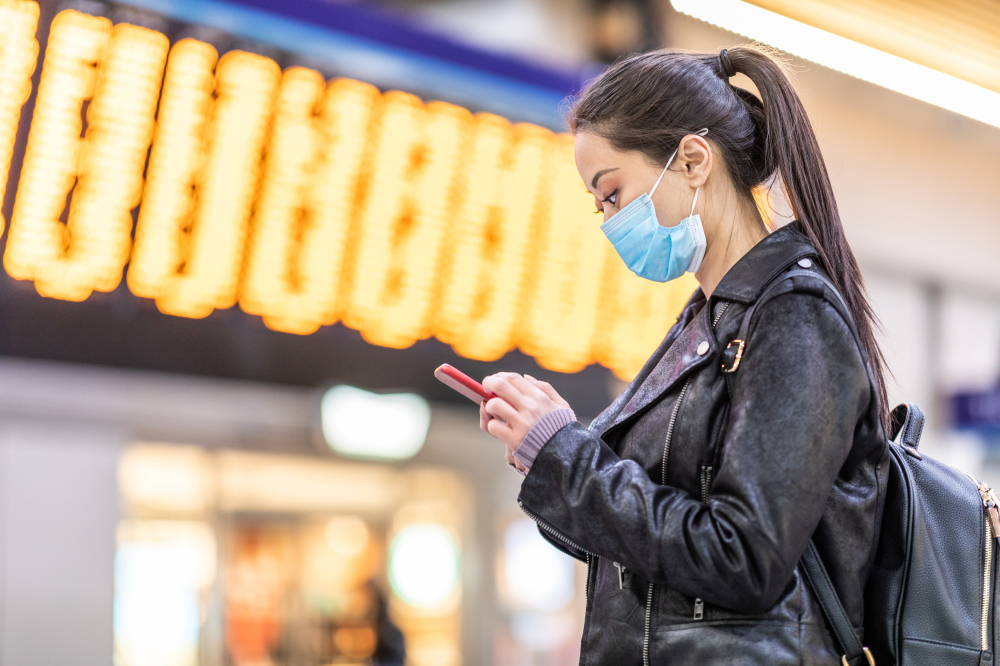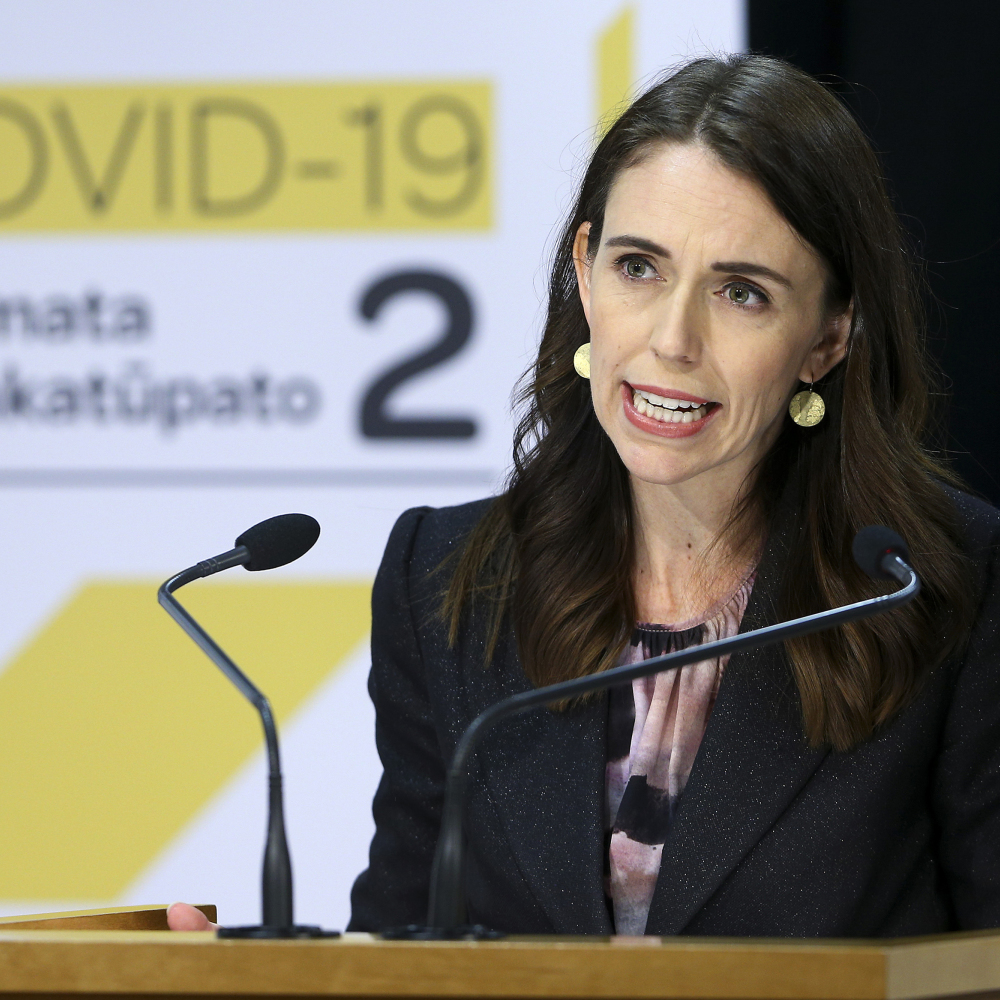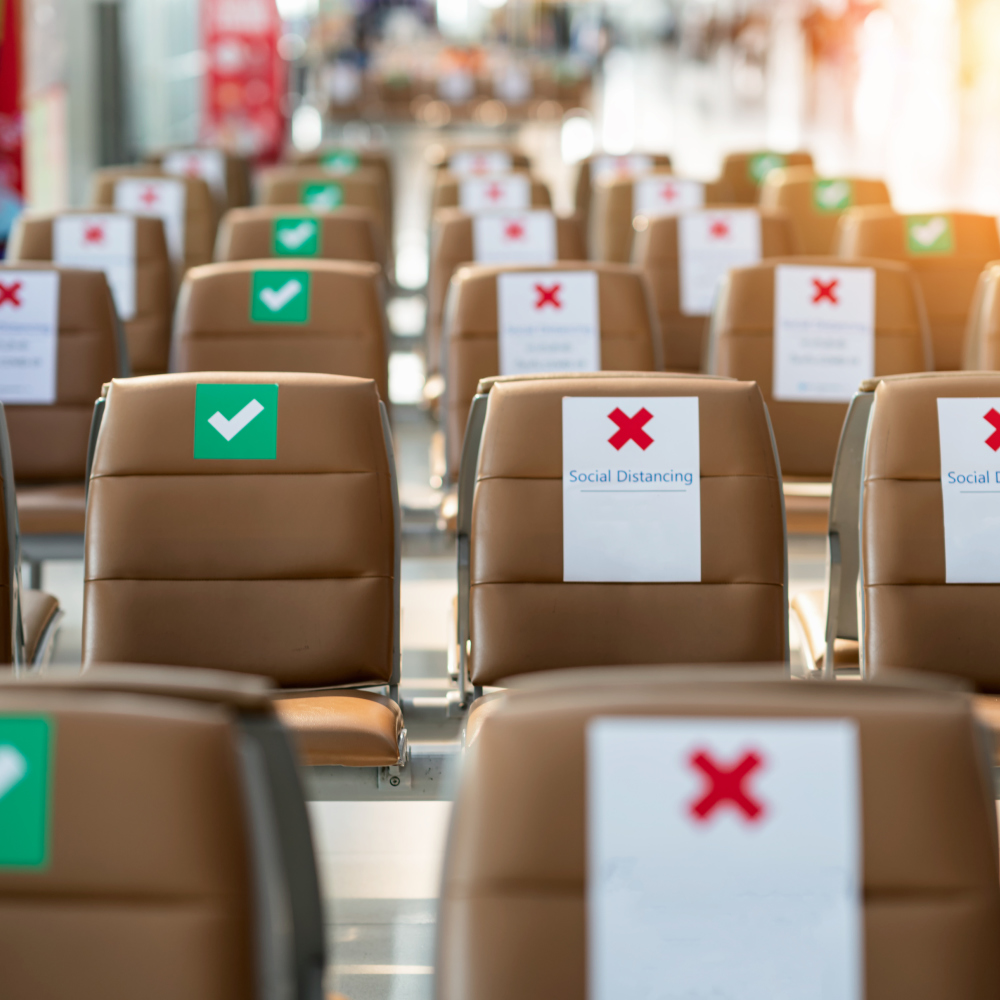On May 5, New Zealand's prime minister Jacinda Ardern did something not seen since the Second World War – she sat in on an Australian cabinet meeting. The meeting was of course virtual, Ardern seated thousands of miles away in Wellington, but it was still an historic moment of co-operation in these otherwise isolated times.

What is a ‘travel bubble’ and which countries look likely to get one?
She had been invited to discuss a so-called 'trans-Tasman travel bubble' – an internationally shared quarantine zone which would allow the free exchange of trade and people between, and only between, Australia and New Zealand.

Both countries boast enviable records for controlling Covid-19: Australia's track-and-trace regime has helped limit the death toll to double digits, while New Zealand claimed to have eliminated community transmission as early as late-April.
"If there's any country in the world with whom we can reconnect first," Aussie PM Scott Morrison told reporters, "undoubtedly that's New Zealand."
Neither nation has yet set a timeline, but the 'travel bubble' idea has gained a good deal of global attention in recent weeks. The scheme relies on similar viral status, trust and shared protocol, but governments and travel agents alike need a halfway house – a safe first step to get flights flying and traders trading. If successful, other countries could be added to the bubble, and Ardern has already floated the idea of including Pacific islands that are apparently virus-free.

Though the first to moot the plan internationally, Australia and New Zealand aren't first to put it into practice. Estonia, Latvia, and Lithuania promptly followed the news with a travel bubble of their own, coming into force on May 15.
The Baltic countries are united by shared heritage, small populations, and a gratifyingly effective response to Covid-19, and agreed the measures in a video call. Estonian prime minister Jüri Ratas tweeted that it was a "big step towards life as normal," while Lithuanian premier Saulius Skvernelis wrote in a Facebook post that "we trust each other's healthcare systems."
The world will be watching with interest. National lockdowns are starting to ease, and effective bubbles could provide a model for easing the international one.

